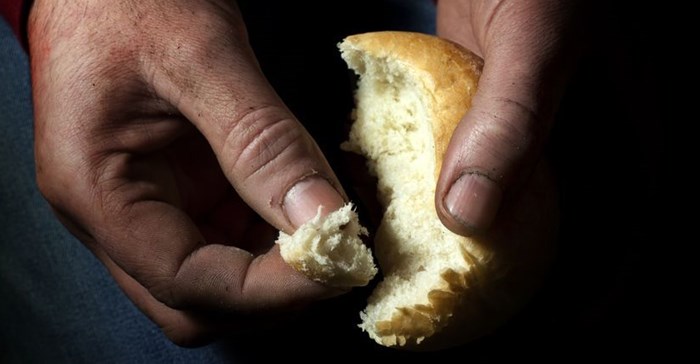
Top stories






RetailSuperga’s century of style: Celebrating 100 years of the iconic 2750 classic
Crick Group 7 Apr 2025
More news

Marketing & Media
#BehindtheSelfie: Adriana Woolridge, marketing manager at Homemation
Karabo Ledwaba 1 day















"The panel further recommends that government should expedite the provision of free sanitary products to the poor and that the zero-rating of school uniforms be done only if they can be separated from general clothing," National Treasury said.
It also said that Treasury do further investigations to "ensure that the benefits of zero-rating accrue to consumers and are not captured by producers".
The finance ministry appointed the panel after a 1% VAT increase to 15% in April, in an effort to contribute an additional R22.9bn to the state's coffers in the 2018/19 financial year.
It was mandated to evaluate the current 19 zero-rated items, consider adding more items of further items to the list and consider other measures to mitigate the impact of the increase on poor households.
Zero-rating white bread would amount to a total saving of R812m to poor households, according to the panel's calculations, while zero-rating school uniforms would provide relief to the same category of the population to the tune of about R400m.
The report said that it must be considered whether the poor would not be more effectively shielded from the impact of the VAT hike by specifically targeted government expenditure measures.
"In theory, it would be cheaper to return the cost of the VAT increase to the poorest households than to extend the zero rating."
It also noted that though VAT could not be considered a regressive tax, in reality it cost poorer households a greater percentage of their income than richer households.
“The latest proposals appear to fly in the face of earlier expert advice to the National Treasury on the subject. The panel's latest approach seemingly contradicts the views of the previous Katz Commission on tax reform and the more recent Davis Tax Committee, both of which resisted further concessions on zero-rated items and instead advocated stronger programmes in the expenditure side to assist poorer households.
“A national food stamp system, for example, such as successfully operates in the US, should be fully explored for SA to provide more targeted relief. However, the acid test of any eventual decision on the panel's recommendations, given the present vulnerable state of SA's public finances on both the spending and revenue sides, will be its affordability,” said Professor Raymond Parsons North West University Business School economist.
The ministry said the recommendations would now be subjected to further public input, which would include parliamentary hearings.
Finance Minister Nhlanhla Nene would then take into account these submissions, as well as those of the treasury team and the revenue service, before deciding which of the panel's recommendations to implement.
National Treasury said public comments must be submitted in writing to vatsubmissions@treasury.gov.za by the close of business on August 31.